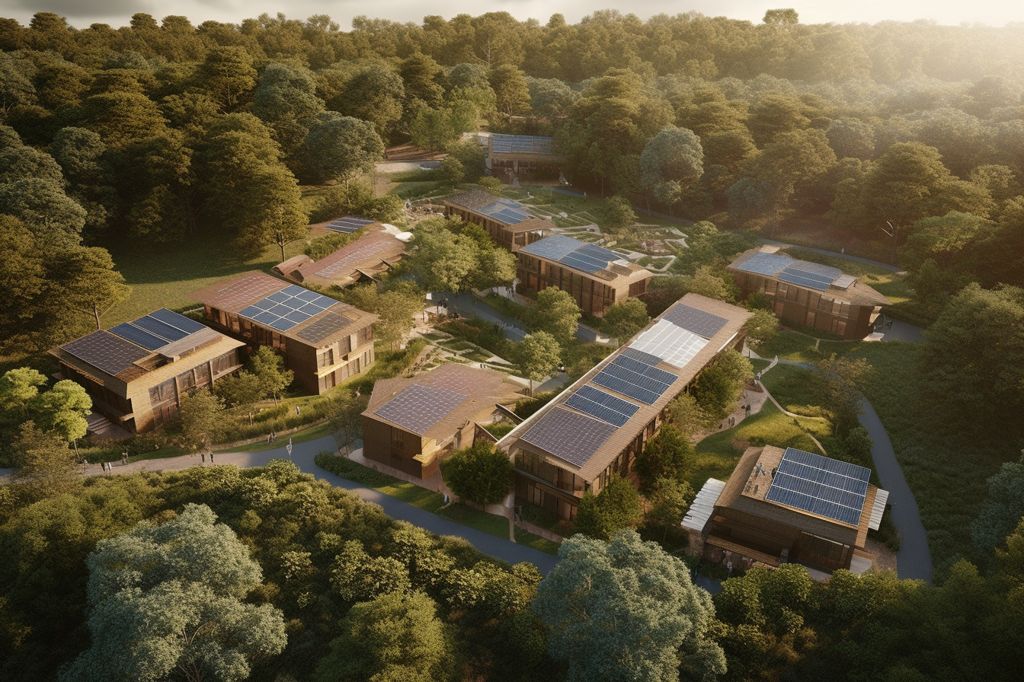Preliminary Investigation and Measures Implemented
The North West Department of Health launched a preliminary investigation into the allegations of serious misconduct against hospital management. The investigation at MPH is part of a multi-phased approach adopted by the department to resolve the challenges experienced at the hospital. MEC Madoda Sambatha emphasized that the precautionary suspension of two officials was not meant to be punitive but to ensure the investigation could proceed without hindrance. As a result, five members of the MPH management have been temporarily relocated to nearby facilities.
A space audit was conducted, identifying several actions to be implemented, including moving the postnatal unit to gynecology to create a larger neonatal ward with 79 beds (incubators and cribs), increasing the clinical space with additional beds, expanding orthopedic beds from 46 to 66 with separate female wards, and utilizing an additional 15 beds at Bophelong Psychiatric Hospital for female patients on 72-hour observation.
Optimizing Efficiencies
MEC Sambatha acknowledged that the hospital was facing high bed utilization rates, particularly in neonatal, orthopaedic, and 72-hour psychiatric units. In response, the department and MPH management have developed measures to optimize efficiencies at the facility. These measures are designed to support the diligent work undertaken by hospital management and staff.
Addressing Nursing Shortages
MEC Sambatha commended the MPH for appointing 77 nurses between October 2022 and April this year, effectively addressing the issue of nursing shortages. Some of these newly-hired nurses were initially on contract during the national state of disaster due to the COVID-19 pandemic. This move highlights the hospital’s commitment to enhancing the quality of healthcare delivery.
In recent years, the Mahikeng Provincial Hospital has faced numerous challenges, notably high bed utilization rates and nursing shortages. However, the strides made by the hospital management and staff, as well as the North West Department of Health, showcase a commitment to improvement and progress. The preliminary investigation and identified measures are just the beginning of a journey towards better healthcare services for the community.
It is vital to acknowledge the efforts of the hardworking nurses, doctors, and staff who tirelessly serve the public. The Mahikeng Provincial Hospital stands as a testament to the resilience and determination of the healthcare sector, striving to offer the best possible care to those in need. With continued support and resources, the MPH is poised to overcome its challenges and emerge stronger, better equipped to serve the community, and contribute to the overall well-being of the North West province.












